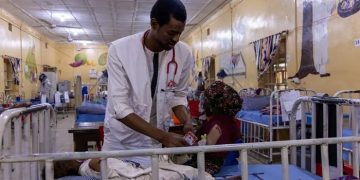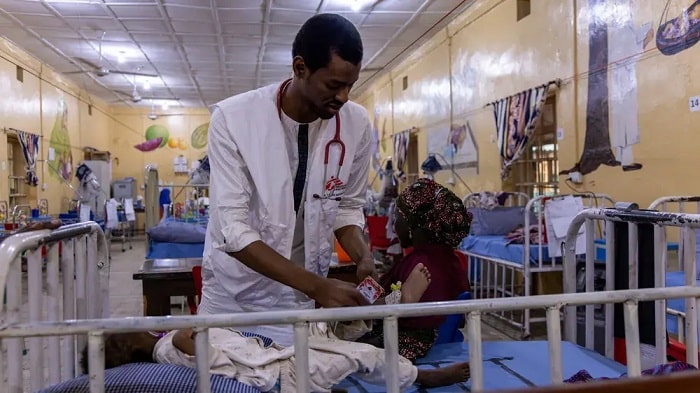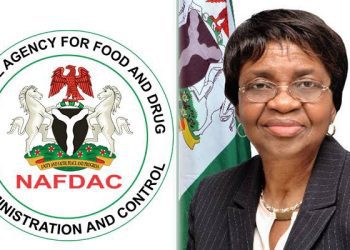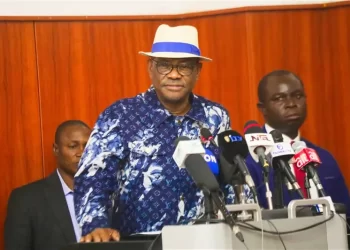The United Nations World Food Programme (WFP) has announced it will shut down 150 health clinics in northeast Nigeria this month, citing a massive shortfall in international donor funding. The move threatens access to lifesaving food and nutrition support for more than 1.3 million vulnerable Nigerians, particularly children.
Despite a $130 million emergency appeal to sustain its operations through 2025, WFP confirmed it has not received any new funds to continue its food relief efforts.
“The immediate and most brutal effect will be on child nutrition,” said Chi Lael, WFP’s Head of Communications. “Half of the 300 clinics we operate will close this month, cutting off treatment for 300,000 children.”
The development comes amid what experts describe as Nigeria’s worst hunger crisis in history. Over 31 million Nigerians are now at risk of severe food insecurity, with the northeastern region bearing the brunt due to years of insurgency, displacement, and economic hardship. According to the UN, nearly one in five people in Nigeria’s northeast faces acute hunger.
Meanwhile, the Nigerian government allocated only $326,000 in 2025 for addressing malnutrition and stunting in high-burden states, an amount critics say falls drastically short of the need.
Across Africa, humanitarian agencies are grappling with a steep decline in donor support. The funding drop has been traced to a global shift in foreign aid priorities, notably during former U.S. President Donald Trump’s administration, and later compounded by the COVID-19 pandemic and the Ukraine war which have caused many European countries to redirect resources inward.
In July, Doctors Without Borders raised the alarm on the rapid rise of child malnutrition in northern Nigeria, describing it as a preventable crisis worsened by donor neglect.
WFP warns that if food assistance is not restored promptly, the fragile peace in northeast Nigeria could quickly unravel.
“The fear is that when food assistance ends, so will stability in northern Nigeria,” Lael said. “And the longer this is left unfunded, the harder it will be to pull the region back.”
With humanitarian aid drying up and hunger deepening, stakeholders are calling for urgent global intervention to avert a full-scale humanitarian catastrophe.
































